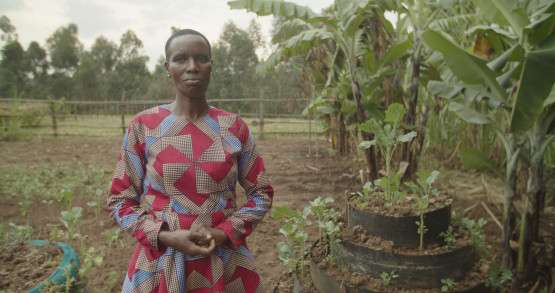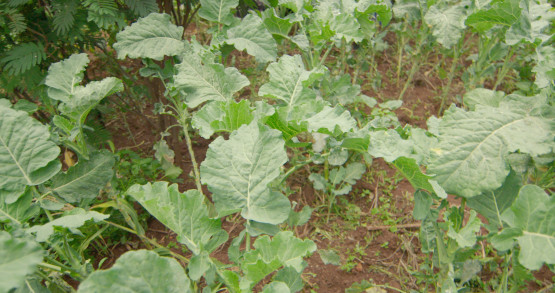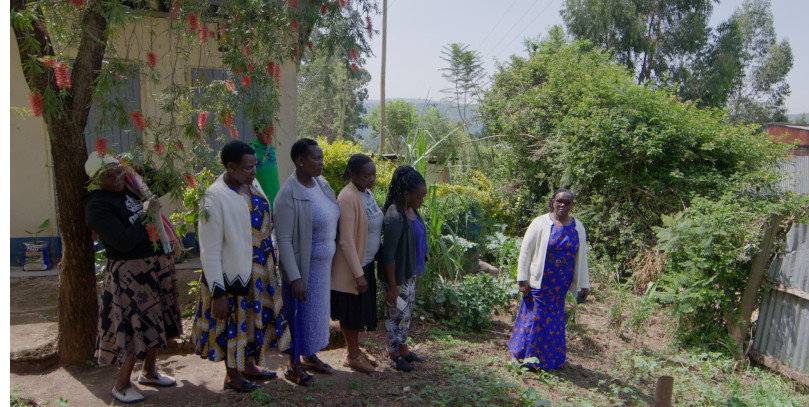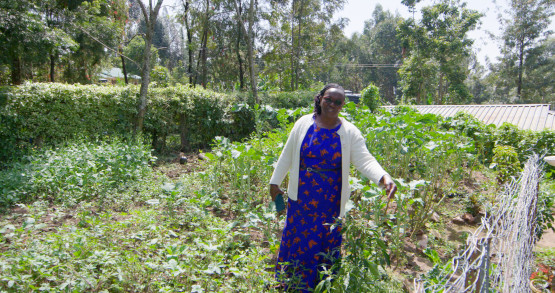

Horticulture Activities: Maximizing Space through Vertical Farming

KWEN's horticulture initiatives have been instrumental in enhancing food security and economic opportunities for women in communities with limited land availability. By introducing vertical farming techniques, KWEN has enabled these communities to optimize their small plots, ensuring that every available space is utilized for the cultivation of vegetables and fruits.
🌱 Vertical Farming: A Solution for Small Land Holdings

In areas where traditional farming methods are constrained by limited land, vertical farming offers a revolutionary approach. This method involves growing plants in vertically stacked layers, often using hydroponics or aeroponics, which allows for maximum use of space.
📈 Economic Empowerment through Market Access

The introduction of vertical farming has not only increased food availability but has also created new economic opportunities. Members of the groups have become reliable suppliers of fresh produce to local markets.
🌍 Sustainability and Community Engagement

KWEN’s horticulture projects foster community cohesion by promoting shared knowledge and resources. The adoption of vertical farming techniques also supports sustainable agriculture practices, reducing the environmental impact of farming while maximizing productivity.
🚀 Conclusion

KWEN’s innovative approach to horticulture, particularly through vertical farming, demonstrates how creative solutions can address traditional challenges like land scarcity. By empowering women to become key players in the local food supply chain, KWEN contributes to both economic empowerment and sustainable community development.
